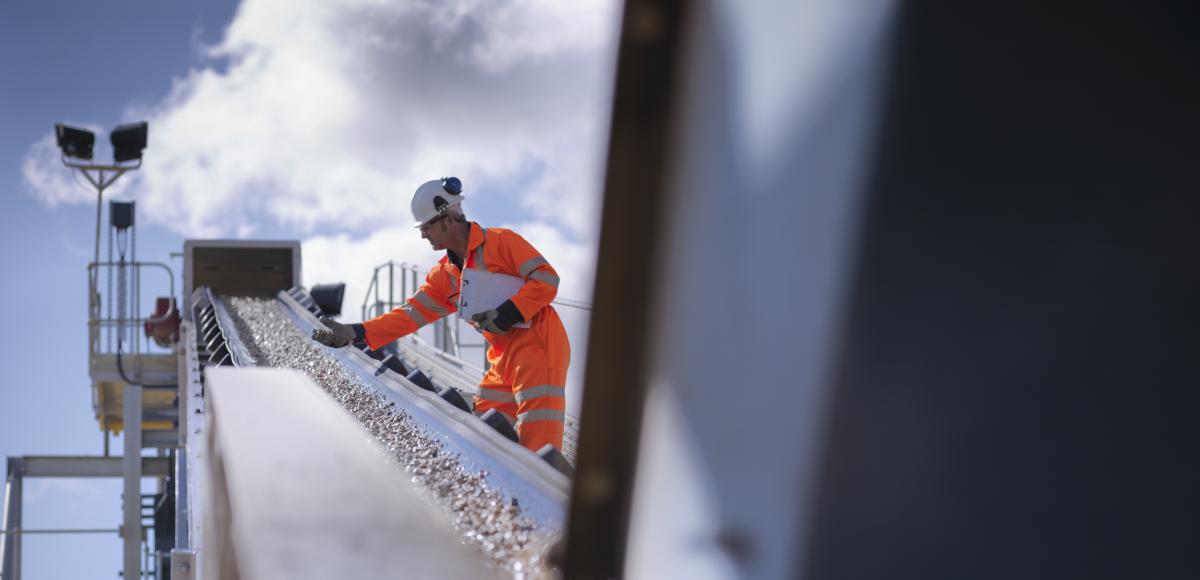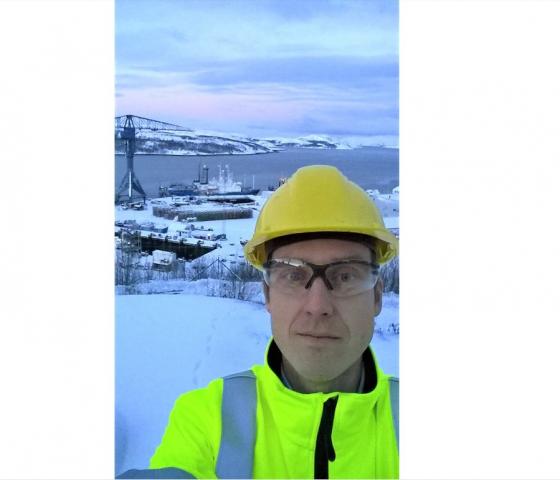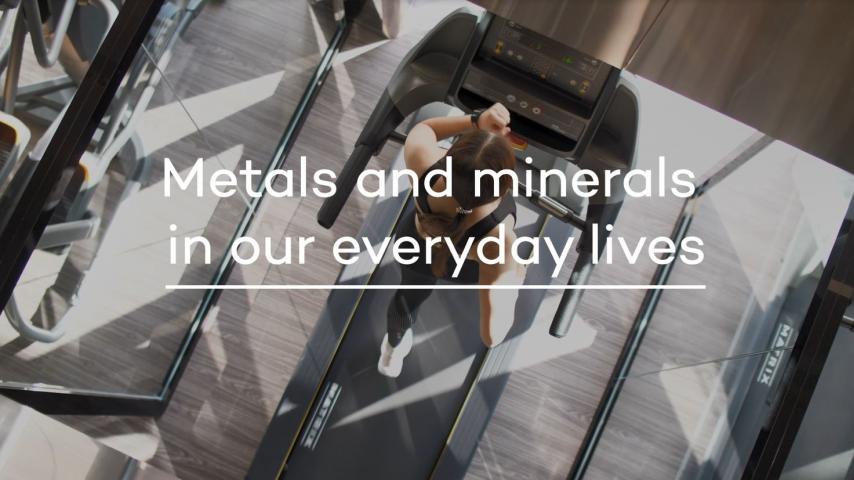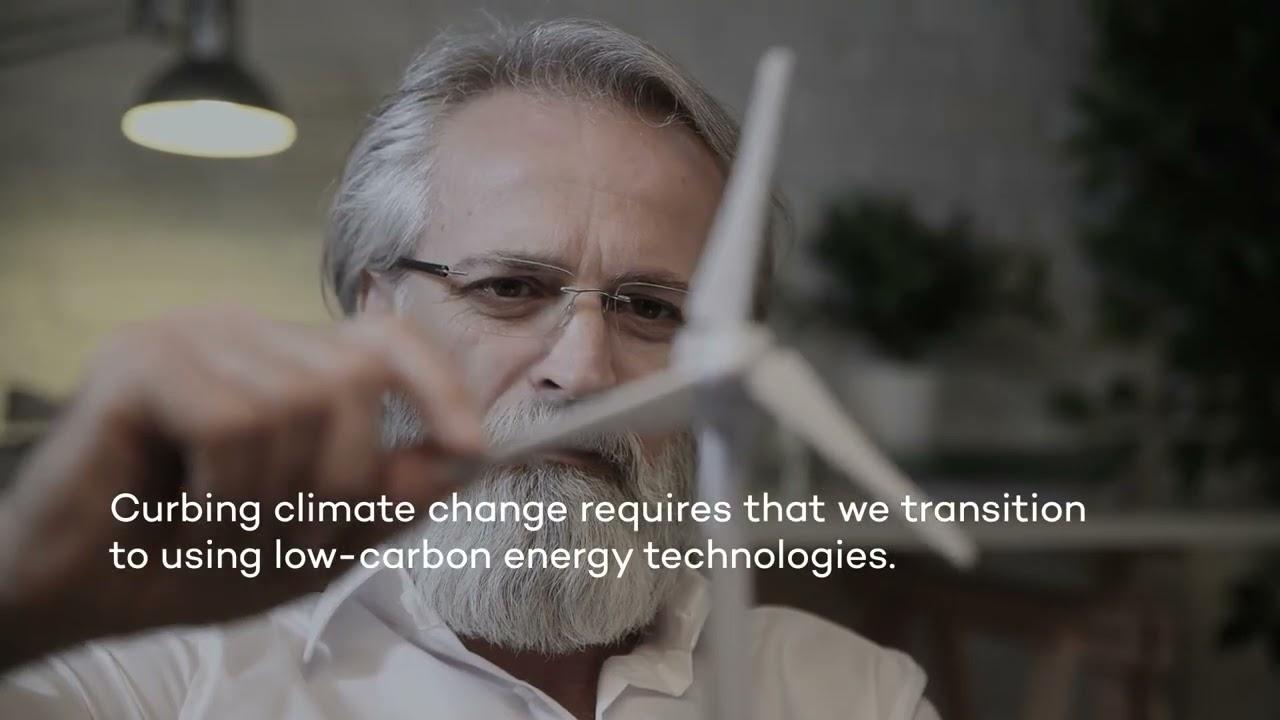
Janne Tikka
Janne Tikka, heads the global business sector of Mining & Metals, in division Process Industries. Janne joined AFRY in 2012 and has some 20 years of experience in the mining and metals industry.
How do you see the role of AFRY in mining and metals?
AFRY has been active in the mining and metals business for over 30 years. We have a strong Nordic engineering heritage and cultural values and approach to sustainability that we can be proud of. The mining sector is under pressure to improve how it extracts, refines and recycles. Through our broad competence we can help the clients in this industry in taking a more holistic approach throughout the whole lifecycle – from exploration through to end-of-life recycling.

“Understanding the relationship between process design and environmental performance lies at the core of what we do as engineers.”
How do you see the role of mining and metals in our society?
Aside from metals and minerals being the backbone of our everyday lives, the future enabling clean energy technologies, like solar, wind and nuclear, not forgetting battery storage are all highly mineral and metals intensive. So future demand is substantial.
Recycling on a large scale and reusing metals and minerals in a circular loop is also crucial. However, even if we were able to recycle 100% of what was extracted, we would still need to open new mines. The demand cannot be met only through improved recycling.
Why did you choose the field of mining and metals?
Although I come from a family of engineers, I originally intended to become a French teacher. My father, on the other hand, had other ideas, and he essentially filed the application for me to the university. I warmed up – or rather heated up – for this business after a year of process engineering studies and summer internships at Outokumpu Steel. My area of expertise is pyrometallurgy, which consists of the thermal treatment of minerals, metallurgical ores and concentrates into valuable products.

What is the next big thing in mining and metals?
Decarbonisation of the whole mining and metals value chain. Especially the ironmaking process. Using green hydrogen instead of fossil reductants in ironmaking will drastically reduce industrial CO2 emissions. Every tonne of steel produced emits around 2 tonnes of carbon dioxide. Every year, almost 2 billion tonnes of steel are produced, accounting for around 8% of world CO2 emissions. Steel is the world's most commonly used metal. Used in every industry, in machinery, in transportation, infrastructure and so on.
What is the role of metals and minerals in our everyday lives?
Watch the short video below or read the AFRY article on why metals and minerals are important in our everyday life.



